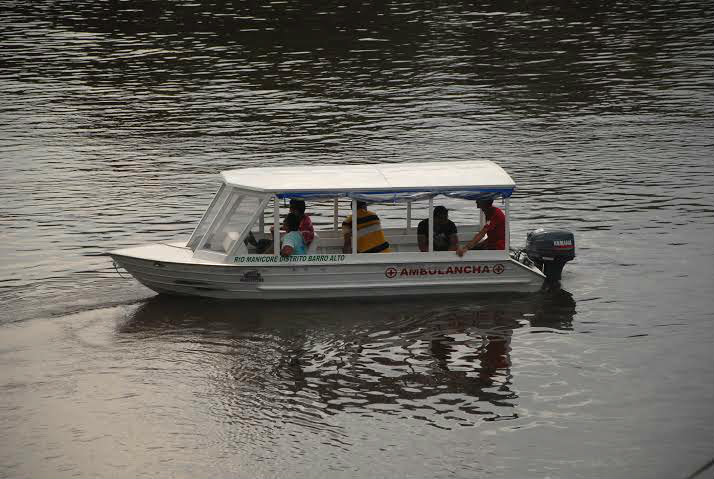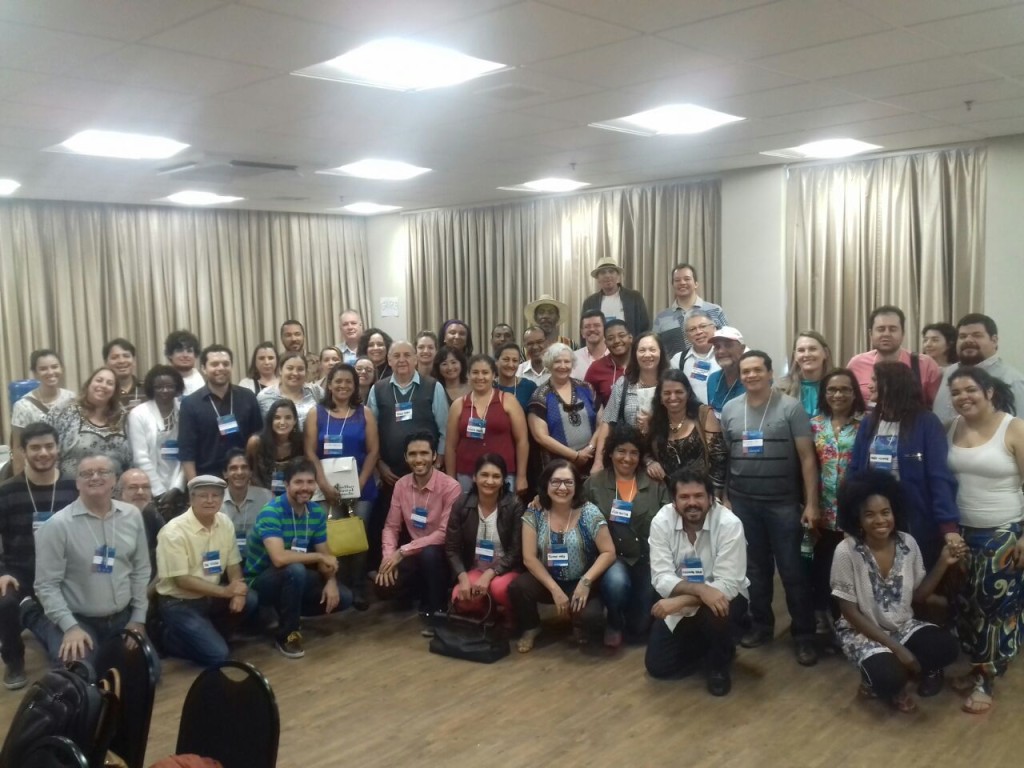O Programa Cisternas, do Ministério do Desenvolvimento Social (MDS), universalizou o acesso de famílias à água de qualidade em duas reservas extrativistas no Amazonas. Ao todo, 563 famílias das reservas Extrativista do Médio Juruá e de Desenvolvimento Sustentável do Uacari foram beneficiadas com as tecnologias sistema pluvial multiuso comunitário e autônomo.
Na Amazônia, o desafio é o acesso à água de qualidade e saneamento. Para isso, o MDS apoia o projeto Sanear Amazônia, a partir de parceria entre a pasta e o Memorial Chico Mendes. A tecnologia utilizada na região é diferente das cisternas do Semiárido: são sistemas que permitem melhor aproveitamento da água pluvial, que reservada e tratada de forma adequada é própria para o consumo e outros usos domésticos. Também são instalados banheiro com fossa, chuveiro, pia, vaso sanitário com caixa acoplada e uma pia na cozinha.
O secretário nacional de Segurança Alimentar e Nutricional do MDS, Caio Rocha, reforça que a construção do sistema representa uma melhora significativa na qualidade de vida da população. “Mesmo em um local rodeado por água, a qualidade para o consumo humano não é adequada. Estamos garantindo o acesso das famílias à água potável e melhores condições de higiene e saúde”.
Leia também: Sistema de acesso a água pluvial autônomo
O reservatório com capacidade de até cinco mil litros pode abastecer uma família de até quatro pessoas por períodos sem chuva na região. A qualidade da água para o consumo é apenas um dos benefícios. O conforto em ter um banheiro no pátio de casa e ter um destino correto aos dejetos ajuda a preservar o ambiente e a controlar a contaminação por doenças, principalmente entre as crianças.
“A importância é garantir a estrutura e o acesso a uma água que possibilita um estado de saúde melhor para essas famílias. Noventa por cento da contaminação por algumas doenças são transmitidas por via hídrica, então a partir do momento que você passa a viver em um ambiente saneado, o ganho para criança é muito grande”, afirma o presidente do Memorial Chico Mendes, Adevaldo Dias.
Por meio do Programa Cisternas, o MDS investirá R$ 43 milhões no projeto. No total, serão beneficiadas 3,2 mil famílias com tecnologias sociais para captação, tratamento e uso da água da chuva. Além disso, o Sanear Amazônia vai construir 100 sistemas em escolas da região. A iniciativa já construiu 2.050 tecnologias em reservas extrativistas do Acre, Amapá, Amazonas e Pará.
Informações sobre os programas do MDS:
0800 707 2003
Com informações da assessoria – Carolina Graziadei
Leia mais: Associação dos produtores rurais de Carauari comercializa farinha na Agroufam
Fórum de Desenvolvimento Territorial do Médio Juruá apresenta desafios e conquistas
Memorial Chico Mendes apresenta Sanear Amazônia em comunidades do município de Gurupá Melgaço – PA




